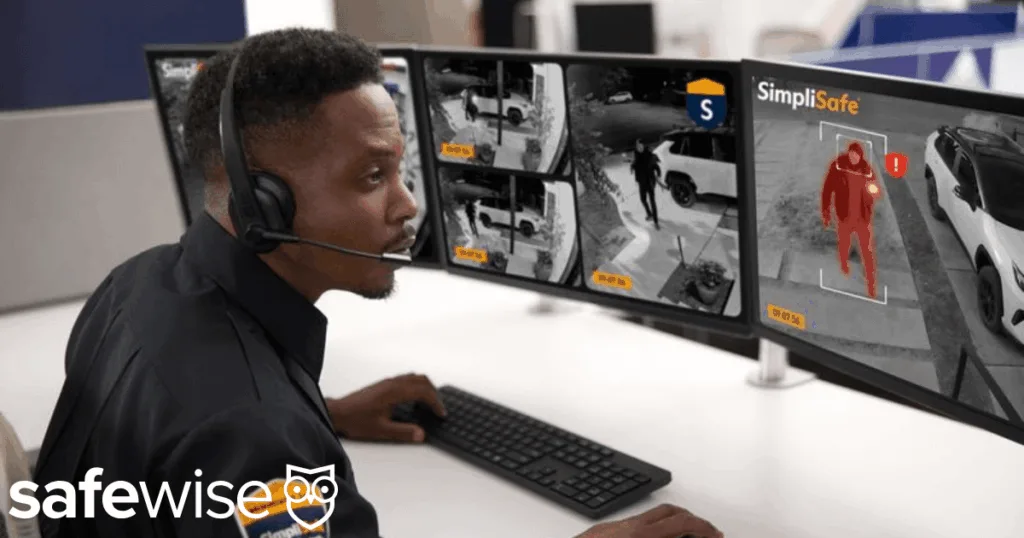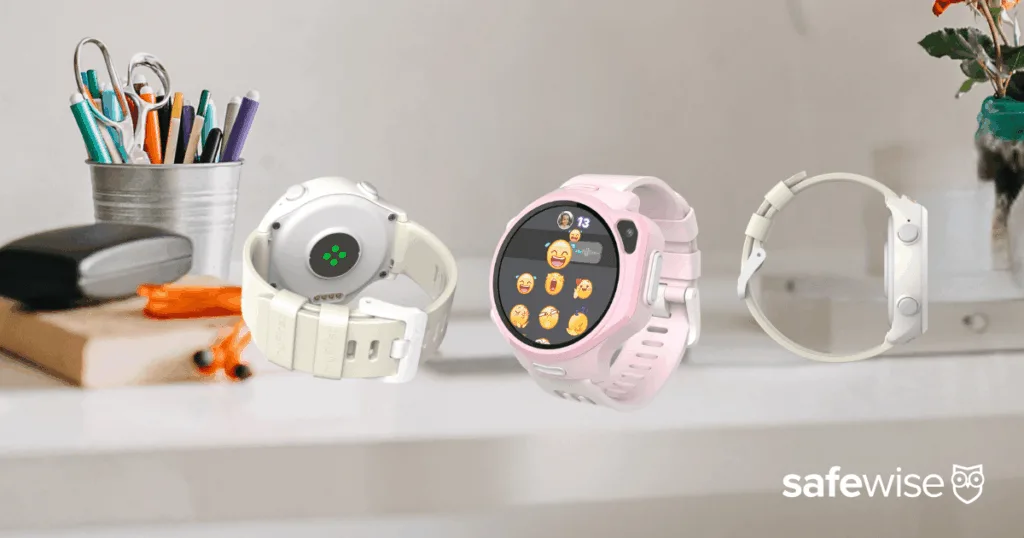Medical Guardian vs. Life Alert differences
Longest battery life: Life Alert
Life Alert’s base station backup battery lasts up to 72 hours, whereas Medical Guardian’s lasts up to 32 hours. The base station continues to work even if your power goes out or someone jostles the power cord.
Life Alert claims its panic pendant battery lasts up to 10 years, while Medical Guardian’s battery has an expected lifetime of about five years. But the difference here is moot: both medical alert companies monitor the pendant’s battery life for you. When the battery runs low, they send a replacement pendant for free.
Whether that happens once every five or 10 years, you don’t have to lift a finger either way.
Life Alert also claims its on-the-go GPS button “never needs charging” and lasts up to 10 years. Medical Guardian’s Mobile 2.0 and Mini Guardian last up to five days between charges, and the MGMove medical alert smartwatch needs daily charging.
Best for fall detection: Medical Guardian
Life Alert doesn’t offer automatic fall detection on any of its devices. Medical Guardian does. Easy win.
Okay, let’s take a closer look at what this means for you. If you fall and can’t push your emergency button, automatic fall detection devices place an emergency call for you. So if you pass out before or after falling, or if you suffer a head injury and feel too confused to place the call, this can be a life-saving measure.
The caveat is that fall detection technology doesn’t detect 100% of falls. It’s smart to have a backup option that helps loved ones know you’re okay, like daily phone calls from caregivers or movement and activity monitoring.
Still, if you’re at risk of falling, even a less-than-100% chance of detecting falls is better than a 0% chance.
Most affordable: Medical Guardian
Life Alert’s prices start around $50 per month with an activation fee of about $95. Adding any additional equipment significantly increases the cost of a Life Alert system.
In contrast, Medical Guardian’s monthly fees start at around $30 per month with no activation fees. You do have to pay upfront for Medical Guardian’s equipment, though—except for the landline base station, which is on loan to you for free.
That said, it’s possible to rack up a hefty bill with Medical Guardian because every accessory or service increases your monthly bill.
For example, we said “Yes” to every optional accessory, service, and warranty available for the Home 2.0, and our monthly total came to over $75. Still, that gave us more than we could get for a similar cost through Life Alert.
Finally, there’s a 3-year financial commitment with Life Alert—and there’s no trial period. With Medical Guardian, you don’t sign a contract, and you can get a full refund within 14 days of purchase.
Compare Medical Guardian vs. Life Alert plans
Info current as of post date. Offers and availability may vary by location and are subject to change.
Life Alert offers three basic packages. We found the most affordable Medical Guardian equivalents for easy comparison in the table above. There are many more Medical Guardian products than what you see here.
Regardless, Life Alert’s monthly fees are almost always twice as expensive as Medical Guardian’s.
Check out our list of the most affordable medical alert systems for even better prices.
Best for caregivers: Medical Guardian
Some medical alert systems make it easy for friends, family, and even medical professionals to keep an eye on you through caregiver apps or web-based dashboards.
But not Life Alert—it’s sticking with the same formula used for years. You press the button, talk to the monitoring center, and let the monitoring center contact loved ones for you.
Medical Guardian’s MyGuardian web portal allows caregivers to check device status, battery levels, and GPS location (if applicable). Some caregiving features cost extra each month, such as instant notifications when someone presses the emergency button.
Best for voice activation: Medical Guardian
Medical Guardian sells an optional voice-activated accessory that you can place throughout your home. It’s a good backup option if you’re not sure you want to wear a pendant all of the time—or if there’s a chance you’ll forget to put it on each day.
Just say “help me” twice to connect to the monitoring center.
Life Alert sticks to the basics: a waterproof wall button that activates when pressed. (Medical Guardian sells one of those too.)









